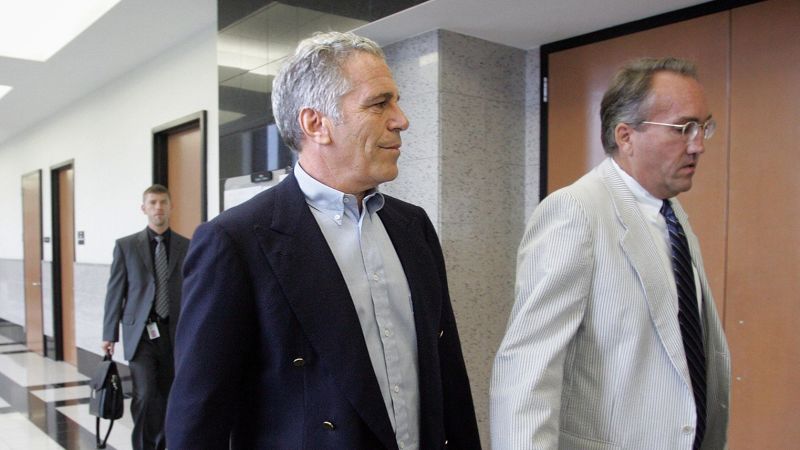In a recent court filing pertaining to the Jeffrey Epstein case, two victims of his abuse have expressed their profound discontent regarding the Justice Department’s request to unseal grand jury testimony. Their letters, submitted to a federal court, highlight a glaring lack of regard they feel has been shown by President Donald Trump and his administration. The victims, while remaining anonymous to protect their identities, articulated a strong sentiment about the handling of the so-called “Epstein Files,” which they characterized as a form of “political warfare.”
One victim poignantly addressed the court, expressing a desire for a more respectful approach from the authorities regarding the handling of the Epstein Files. “Dear United States,” one letter began, “I wish you would have handled and would handle the whole ‘Epstein Files’ with more respect towards and for the victims.” The frustration was palpable as the victim emphasized feeling used as a pawn in a larger political game. Their emotional turmoil only exacerbates daily as the narrative surrounding Epstein continues to dominate news cycles, seemingly prolonging their suffering.
Another victim articulated a perspective that has resonated with many who have followed this case. They argued that there appears to be a pervasive preoccupation with protecting “wealthy men” involved in the Epstein scandal. “I feel like the DOJ’s and FBI’s priority is protecting the ‘third-party,'” this victim wrote, suggesting that authorities are more focused on erasing the names of influential individuals connected to Epstein rather than prioritizing the rights and identities of the victims.
While neither letter explicitly requested that federal Judge Richard Berman keep the transcripts sealed, both documents strongly encouraged him to take all necessary precautions to safeguard victims’ identities. This call for caution reflects the victims’ understandable apprehension about media exposure and public scrutiny. They recognize that any unredacted information could lead to further harassment or unwanted recognition.
One victim proposed a constructive solution, suggesting that a neutral third party be assigned to review any documents slated for release. This recommendation aimed at ensuring that no personal information concerning the victims becomes public. The other victim stressed to Judge Berman that redaction of their identities is of “utmost priority,” showcasing their need for protection throughout this highly-publicized legal process.
These heartfelt letters reveal a deep well of emotional distress and frustration directed not at the court or the judge, but rather at the government entities responsible for requesting the release of sensitive documents. “I appreciate your time reading my short thoughts and feelings,” one letter conveyed, clearly distinguishing the target of their anxiety and frustration as being towards the government, who they feel is mishandling the situation. This victim expressed alarm over the lack of access they have to the files even as the government seeks to release them. The sentiment of being left out of the loop while crucial details are discussed by those in power underscores a significant concern regarding transparency and victim rights.
It should be noted that victims involved in the Epstein case were given a deadline to respond to the government’s request by August 5. The timeline for submissions reflects the urgency of the situation, as victims navigate the psychological impacts of their past while grappling with ongoing legal proceedings that continue to put their identities at risk. The handling of this case remits crucial lessons about trauma, the need for respectful legal processes, and the inherent duty of the judicial system to protect those who have suffered at the hands of powerful individuals.
The statements from the victims serve not only as personal pleas but also as calls to wider societal awareness, urging those in positions of influence to consider the lasting impact of their actions on survivors.











